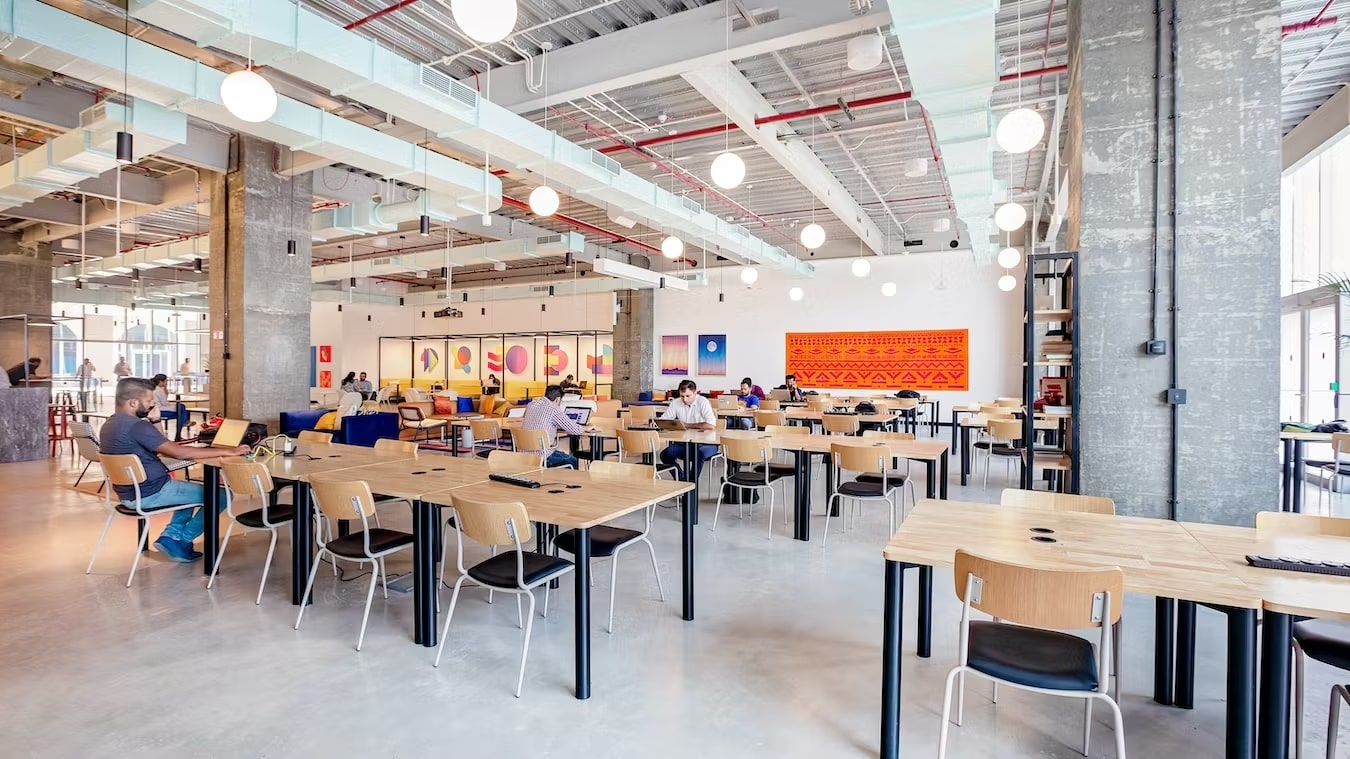The recent announcement of a new £200m fund for ‘tech offices of tomorrow’ was yet more evidence of the continued rise of the flexible workspace market.
The aftermath of the Brexit vote has led organisations to reconsider one of their biggest financial outlays; their workspace. One key consideration has been location; our data shows there has been a 25% increase in demand for workspace outside of London year on year.
It’s evident that alternative areas, such as Oxford, Birmingham and Brighton, are becoming increasingly more popular with Birmingham reporting a 13% increase in supply, whilst the desk rates increased by more than 15% in the last year.
During the uncertainty post-2008, the flexible office market saw substantial growth as occupiers chose to mitigate their risk in an uncertain market.
Similarly with the uncertainty British politics is bringing within the UK, it seems that signing a long-lease post-Brexit is a risk that many aren’t willing to take whilst the economy remains in flux.
Both Strutt & Parker and MCSI have released research indicating that rental growth on short-lease office properties across the rest of the UK has outstripped the growth central London offices. They also reported that shorter-let assets, with leases of five years or less, have continued to perform strongly since 2012 with regards to capital growth and robust income return.
With tenants beginning to spend longer – averaging 36 months in fact - in work environments such as The Office Group, and landlords are beginning to take note of this.
From our own research, we’ve seen that more than 76% of occupier’s no longer view co-working and flex space as a short-term solution; going forward organisations are planning to use it as a long-term solution for their workforces.
It makes sense, given the rapid growth within the industry, that Infrared Capital Partners are setting up a regional fund to further develop flexible working. This is just another testament to how hot the co-working market has become in recent years – and just how much further it’s likely to go.
Landlords are having to adapt and make changes to their model to ensure this is a profitable activity, and many aren’t in the position to offer this. It has become clear that running a flexible workspace isn’t just signing a lease away on a dotted line, it’s a combination of procurement, lead generations and customer service.
For those who are novices within the market, they need to understand that co-working and “space as a service” obviously take skills, however undoubtedly requires a streamlined model to feasibly generate returns. Some commentators go as far to say that members should be treated as customers, rather than someone who is just leasing a space.
Finally, the demand for both co-working and “space as service” indicates the global CRE market is actively responding to occupier demand and opting for a less traditional route. The flexible workspace market is dramatically changing and there are interesting times ahead.…



